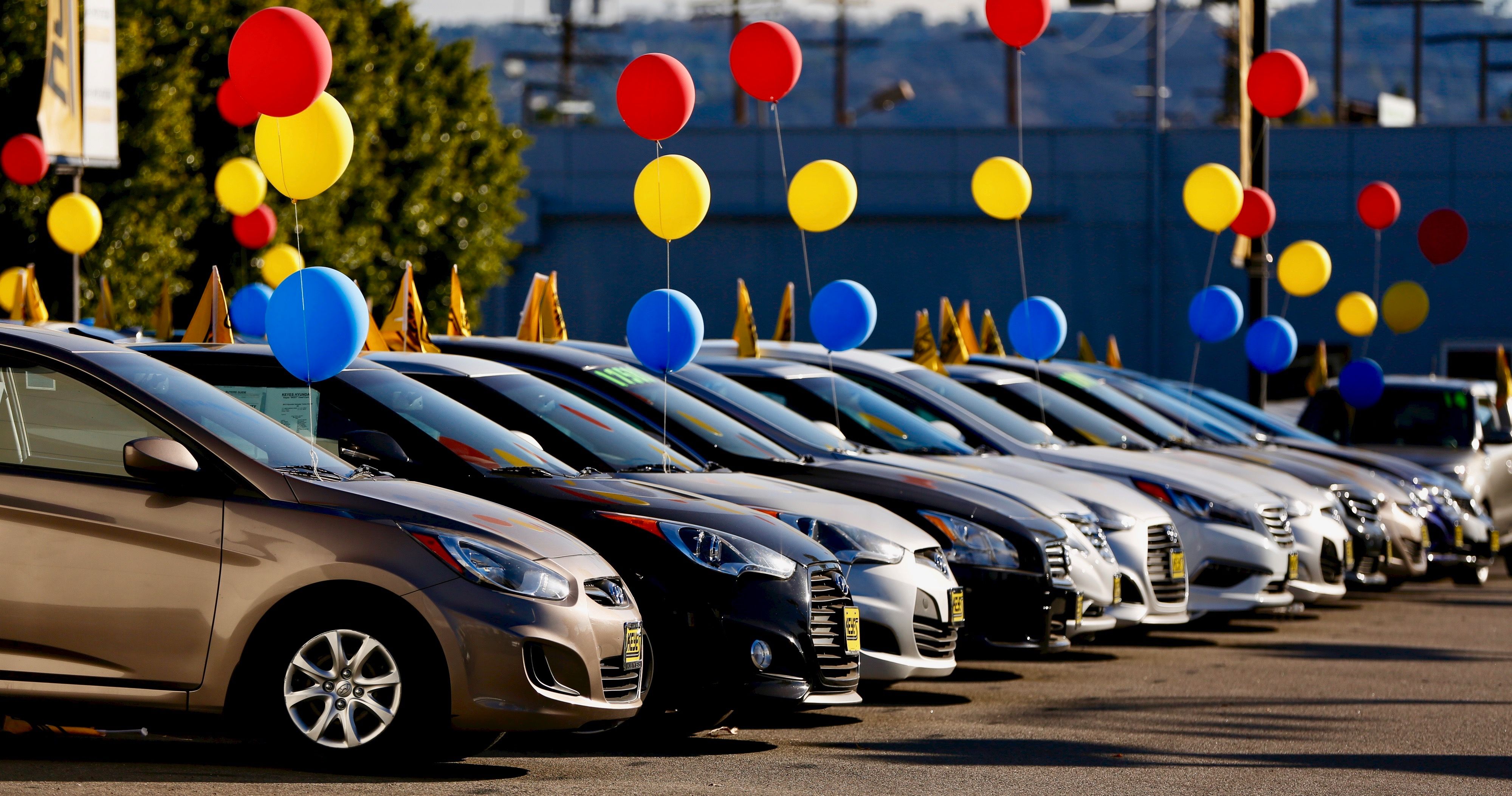The spending habits of millennials differ significantly from older Americans. Some of the products they shun include diamonds, napkins and mayonnaise. They are also not big fans of golf, football, fast-casual dining or department stores. Their relationship with top priced consumer goods like cars and houses is also complicated.
Given that many millennials are saddled with substantial student loans and expensive health insurance, investing in cars and houses is far from being a priority. Outstanding student loan debt was at $1.46 trillion in the fourth quarter of 2018, according to a report by the Federal Reserve Bank of New York. American millennials aren’t purchasing property at the rate of previous generations, which is conditioned by the fact that many prefer to live in cities, where being able to own an apartment is a luxury.
Cars purchases, however, are not simply affected by lack of means, but also by the declining rates of driver’s licenses, as many millennials choose to remain car-free. In terms of ownership, though, American millennials match their generational forebears. Nearly 80% own cars, and 75% of those who don’t currently plan on owning one in the future.
Yet millennials often opt for short-term rental services like Zipcar and shared rides like Uber and Lyft, as well as bike shares. They also prefer to drive less. According to a recent study conducted Zipcar of the personal transportation and car ownership behavior of 18- to 34-year-olds, 55 percent of millennials have made an effort to drive less, a 10 percent rise from 2010. "Millennials are increasingly embracing access over ownership," Zipcar says, which means that driving does not necessarily translate into owning.
Another factor is the environment. Millennials are consciously reducing their dependence on road travel. The study also revealed that 78 percent of millennials say that owning a car is difficult due to high costs of gas and maintenance.
RELATED: Majority Of Americans Not Keen On Stepping Inside Autonomous Vehicles
Though millennials haven’t completely sworn off cars, the statistics don’t bode well for American car manufacturing. Nearly three out of four consumers ages 23 to 38 with student loan debt put off at least one major financial investment as a result of those loans, according to a new Bankrate.com report. And more than one out of four put off buying or leasing a car. For millennials paying $300 or $400 a month on student loans, it is necessary to think twice about whether they can actually afford a car payment.

